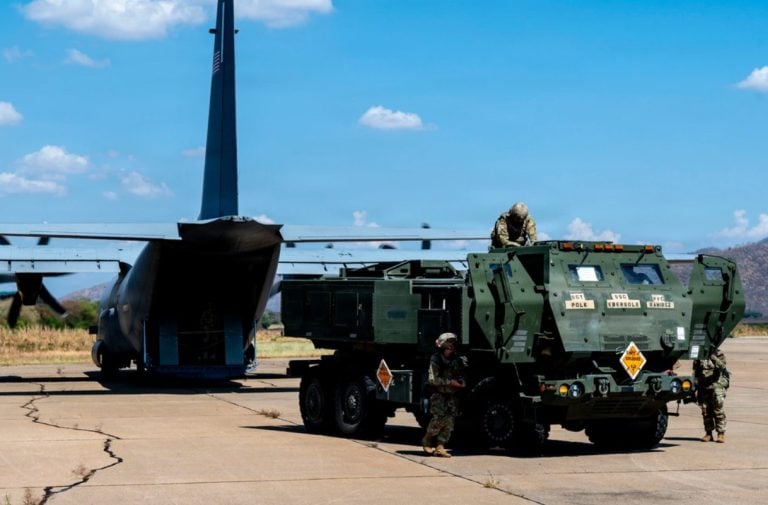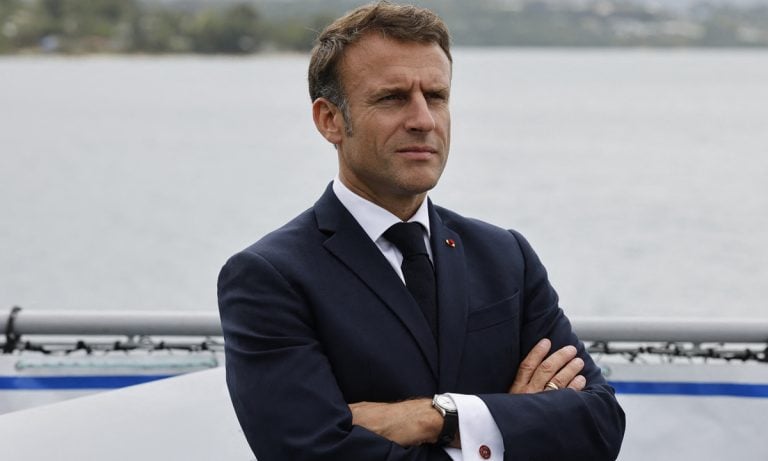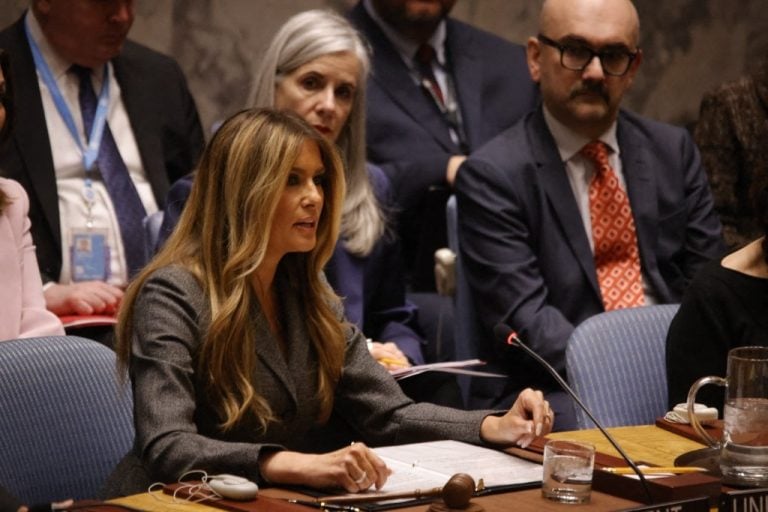In a recent call with Russian President Vladimir Putin, U.S. President Donald Trump reported a lack of progress toward ending the ongoing conflict in Ukraine, which has persisted for more than three years. This conversation took place amidst stalled U.S.-led peace negotiations and a reported pause in American weapons shipments to Ukraine.
During the call, which lasted nearly an hour, Trump expressed dissatisfaction, stating, “I’m not happy about that.” He noted that discussions included various topics such as Iran and the Ukraine war. When pressed about making any advancements toward a resolution, Trump replied bluntly, “No, I didn’t make any progress with him at all.” This marks a notable shift from Trump’s previous communications with Putin, which typically leaned towards optimism about negotiations.
The Kremlin’s position remains steadfast, with Putin asserting that Russia will pursue its objectives in Ukraine. Russian aide Yuri Ushakov emphasized Putin’s commitment to achieving what he framed as the elimination of the “root causes” of the conflict, which Moscow has characterized as Kyiv’s aspirations toward NATO membership. The Kremlin also reiterated that while the war would continue, Russia was open to negotiations: “We are continuing to look for a political, negotiated solution to the conflict,” Ushakov reported.
Since Russia’s invasion in February 2022, the war has led to significant casualties and displaced many, with Moscow seizing considerable territories in eastern and southern Ukraine. Despite ongoing violence—highlighted by recent Russian strikes that reportedly killed at least eight people in Ukraine—U.S. military support has faced uncertainty after Washington’s announcement to pause some arms shipments, a move that has raised concerns in Kyiv.
Amid these developments, Ukrainian President Volodymyr Zelensky was visiting Denmark for discussions with EU leaders. He underscored the importance of stronger cooperation with European allies in light of the doubts regarding U.S. military aid. Zelensky reiterated Ukraine’s stance, advocating for an “unconditional ceasefire,” expressing that it aligns with the nation’s needs as the conflict escalates.
On the diplomatic front, Zelensky’s administration promptly sought to clarify the implications of the recent announcements from Washington concerning military support. The precarious situation has prompted Zelensky to assert that continued American backing is crucial for Ukraine’s defense and security.
As tensions persist and decision-making on military aid evolves, Zelensky is expected to discuss the situation further with Trump in the coming days. Meanwhile, Russia continues to call for an end to Western weapon shipments to Ukraine, signaling its determination to maintain its course in the conflict.







